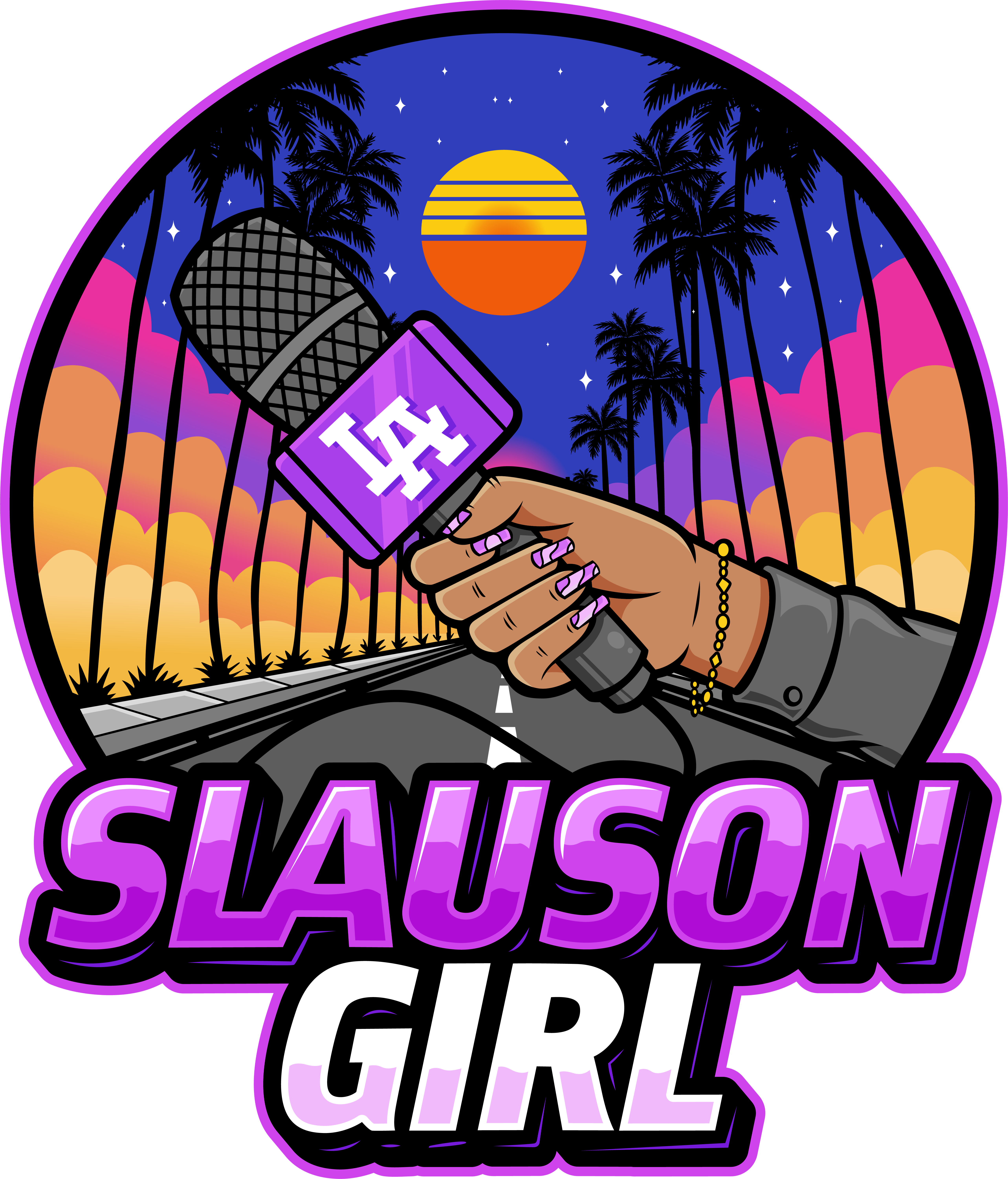
South Central, Los Angeles–Nice weather, sunshine and Hollywood is usually what comes to mind when people think of Los Angeles and it attracts them in droves to LA. As a Black woman who is native to this city, I am starting to view L.A as a complete cesspool. Disgusting and corrupted I feel, are not even strong enough words to describe the severe treacherous nature of L.A.
When I think of Los Angeles, as someone who grew up marginalized on the east side of L.A’s inner city, I have a completely different view of the city that raised me. Los Angeles and the experience of Black people in South Central overall, is a perfect microcosm to understand what happens when generations of a people become lost.
Most would like to victim-blame and say the problems of inner city African-Americans in South Central and across the U.S, are circumstances created by our own doing. While in the same breath, ignoring either through ignorance or sheer disregard, the ways in which we have become disconnected from the generations before us, who were seriously rooted in an ideology of Black liberation and freedom.
Nothing we have seen in recent years within organizing around our issues in this country, can be compared to the Black Panther Party, and the real leaders that Black Los Angeles had such as Bunchy Carter aka “Mayor of the Ghetto” aka “THAT Ni*** from the Slauson’s.”
In my opinion, too many Black people are not rooted within a Black political theory and understanding about their history and identity in this country. Therefore, too many of us think we are standing up to the “man,” when we are doing nothing more but acquiescing to the trickery and ways that white supremacy maintains power and control.
White supremacy is not the local, white racist. It is the white, racist power structure that we all live within that dominates and controls the ways we operate in our daily lives. Within this system of white supremacy, Black people have seemingly been made a permanent underclass as warned by Dr. Claud Anderson–where every other group is able to gain a footing on the backs of Black oppression and marginalization.
I digress.
When I look around Black Los Angeles today, I really wonder where we would be as a community, had the Los Angeles Black Panther Party not been terrorized by the Los Angeles Police Department, who undermined Black political progress in Los Angeles and set out to destroy it.
Read More: Bastards Of The Party
When I look around Los Angeles today, I really see how Black leadership is too often compromised by the financial “support” of non-Black organizations and folks who want to be included in everything we do. And although there is slight pushback from Black people who understand this slippery slope, non-Black involvement is championed by Black people who fear progress can not be made without outside support and involvement.
When I look around Los Angeles today, I see exactly how Black progress continues to be stifled, due to internal conflicts amongst Black folks. The difference in approach and ideology has allowed other groups to use these weaknesses, to steer and control Black groups who are more in alignment with certain viewpoints, for their own personal gains.
When I look around Los Angeles today, I really wonder where the community would be if our strong Black leaders like Bunchy Carter and John Huggins were not shot and killed January in 1969. John Huggins and Bunchy Carter were students at UCLA selected to attend the university through the newly constructed High Potential Program.
The High Potential Program was designed to bridge the gap between the representation of Black students and other minorities on campus. During the Civil Rights struggle of the 1960’s, students on college campuses were also organizing to ensure greater access for Black’s and other minorities, along with the inclusion of ethnic curriculums.
UCLA’s response to student activism was the High Potential Program. Candidates were accepted through special admissions and presented with specialized curriculums to meet their educational goals. During the time of their admittance to UCLA, both Carter & Huggins were members of the Los Angeles based Southern Chapter of the Black Panther Party.
Bunchy was the leader of the Los Angeles based Panther’s and also a well known figure in South Central. One of his nicknames was “mayor of the ghetto.”
After a meeting January 17, 1969, Huggins and Carter were killed in UCLA’s Cambell Hall. The shooters were identified and alleged to have been two brothers from another Black nationalist group at UCLA. The leader of that group at the time was Ron Karenga, who is also the founder of Kwanzaa.
Student organizations such as The Afrikan Student Union, as well as faculty of the Academic Advancement Program, continue to honor the lives of their fellow Bruins and the spirit of student activism every year at UCLA.




